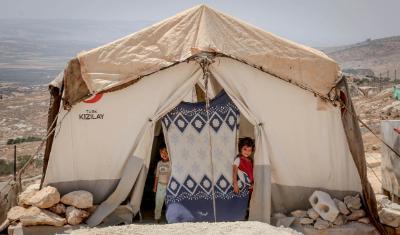History on the Margins
This cluster brings together in dialogue a broad and diverse range of interests in, and methodologies exploring, hidden and marginalised histories and historians. Its geographical reach extends from Northern England across Europe, Asia, India, Africa and North America, and its chronological focus currently runs from the sixteenth-century to the present day. Our interests include:
- Gypsy/Roma/Traveller culture and identity
- Refugees
- Black intellectual and political history
- Children, youth and generational change
- Animals, colonisation and commoditisation
- Legacies of race, empire, colonisation, gender and class
- Poverty and economic marginalisation
- Gender and sexualities
- Political language and silence, activism and mass politics
- History-writing and re-writing
- Historical representation and appropriation
We use a variety of methodologies and sources. The former includes feminist and gender theories, queer theory, oral history, historical linguistics and comparative ethnography; the latter ranges from the conventional (diaries, family records, parliamentary records, oral histories etc) to the unexpected (graphic novels, video games and Japanese manga and anime). We also draw on these interests, approaches and materials to explore issues of marginality and canonisation, what it is to write history on the margins, to be a historian on the margins, and to produce historical accounts in less conventional formats and genres.

Picture credit: Ahmed Akacha, 'Children in the Tent's Entrance', Idlib, Syria, June 2021, pexels.com’


/prod01/prodbucket01/media/durham-university/departments-/history/77231.jpg)